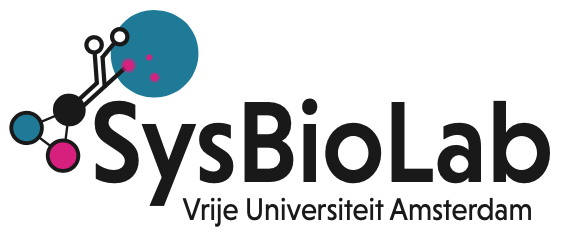Abstract
Microbial community profiling using high-throughput sequencing relies in part on the preservation of the DNA and the effectiveness of the DNA extraction method. This study aimed at understanding to what extent these parameters affect the profiling. We obtained samples treated with and without a preservation solution. Also, we compared DNA extraction kits from Qiagen and Zymo-Research. The types of samples were defined strains, both as single species and mixtures, as well as undefined indigenous microbial communities from soil. We show that the use of a preservation solution resulted in substantial changes in the 16S rRNA gene profiles either due to an overrepresentation of Gram-positive bacteria or to an underrepresentation of Gram-negative bacteria. In addition, 16S rRNA gene profiles were substantially different depending on the type of kit that was used for extraction. The kit from Zymo extracted DNA from different types of bacteria in roughly equal amounts. In contrast, the kit from Qiagen preferentially extracted DNA from Gram-negative bacteria while DNA from Gram-positive bacteria was extracted less effectively. These differences in kit performance strongly influenced the interpretation of our microbial ecology studies.
https://link.springer.com/article/10.1007/s12223-021-00866-0

Recent Comments